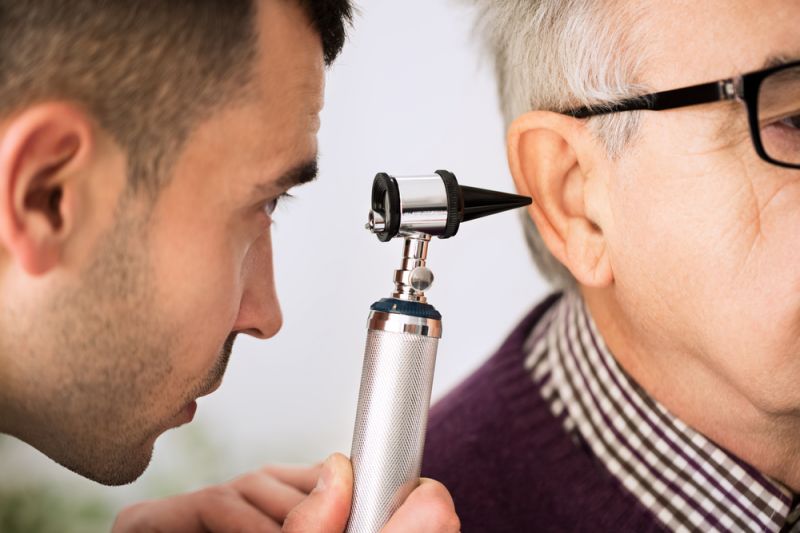Our health is something most of us spend our whole lives taking for granted, however as we age we become more acutely aware of just how fragile our good health is. One of the aspects of our general health and wellbeing that most seniors find declines as they age is the sensitivity of your senses: your sense of sight, sound, smell and taste all alter significantly, compared to during your younger years. Many seniors report an almost complete loss in their senses of taste and smell, whilst eye sight is notoriously degenerative as we age. If you are living with any form of sensory delay as a result of the aging process, then here are a few hints and tips for continuing to cope and thrive, and enjoy your retirement to its fullest:
Continue to Eat Well
Declining senses of smell and taste can be a cause for concern because, in many seniors, they can cause the tastes of food to change, leading to a lack of interest in eating and enjoying foods that were previously favoured. Your senses of taste and smell tend to work together: in fact, one can rarely function without the other. We have over 9,000 taste buds on our tongue, and different areas are responsible for the ways in which we taste sweet, salty, bitter and sour flavours. Much of our enjoyment of food comes from our senses of taste and smell, as does our ability to enjoy it safely: we can generally tell if a food is past its best simply by smelling it. As we age our number of taste buds decrease, and our existing taste buds shrink in size. However, if you are experiencing a reduction in your senses of taste and smell it is still important that you continue to eat well: maintaining good nutrition levels is one of the most important things you can do to maintain your bone and muscular strength. This will help you to prevent injury and continue to enjoy life to the fullest. Conditions such as Alzheimer’s disease and dementia, heart disease and certain kinds of cancer are all thought to be better controlled through the use of a rich, healthy diet.
Protect Your Ears
Although hearing loss is a normal part of aging, the good news is that there are things you can do right now to help to diminish it. Alcohol consumption, for example, has been shown to contribute to hearing loss, so reducing your alcohol intake may have an effect. Giving up smoking and avoiding exposure to loud noises can also help to reduce the impact of hearing loss as you age. Certain medications can also contribute to hearing loss, so if you are regularly taking medications and have concerns then talk to your doctor about any known sensory side effects. The most important thing to know about hearing loss is that if you are already suffering with the condition then don’t suffer alone: advancement in hearing aid technology means that your doctor may be able to help restore your hearing to its former levels and dramatically improve the quality of your life without any invasive procedures.
Take Care of Your Eyes
Unfortunately, there is nothing much that can be done to delay the degeneration of our eyesight as we age. It is a natural part of the aging process, and one that will affect almost all of us. However, what you can do is regularly visit your ophthalmologist to ensure that any vision changes you’re experiencing are relating to the aging process and not a sign of a different pre-existing condition. Your ophthalmologist will also be able to prescribe you the right kind of glasses to counteract your vision changes and help you to maintain the quality of your vision for as long as possible. Recent statistics suggest that 270,000 people in the UK over the age of 60 suffered falls (many of which lead to more serious injury) as a result of poor vision, emphasising just how important it is to wear the right kind of glasses where necessary, and the importance of your eye sight to your wider health.
Sensory decline can be difficult to cope with, particularly if you are experiencing a decline in more than one of your senses. However there are coping strategies that you can adopt, and your doctor may be able to help you to prolong your senses for as long as possible. Don’t let sensory decline control your life, or stop you from getting out and living to the fullest.
This article was originally posted on the website www.nextavenue.org by Anne Foy

